What is Depression?
Depression is a complex mental health disorder characterized by persistent feelings of sadness, hopelessness, and a lack of interest in activities that once brought joy. It affects many aspects of a person’s well-being – mind, body, and emotional state. In this post we’ll discuss the types of depression, symptoms, causes & risk factors, diagnosis and treatment options. Many of our therapists at Steffen Counseling Services have experience in helping clients experiencing depression. It is so important to remember that depression is treatable and not a life sentence, especially with some help! Let’s dig deeper:
Types of Depression
- Major Depressive Disorder (MDD): Severe form of depression with symptoms that significantly interfere with daily functioning
- Persistent Depressive Disorder (PDD): Also known as dysthymia, this is a chronic form of depression where symptoms are less severe but last for a long time (often years)
- Bipolar Disorder: Involves episodes of depression and episodes of mania or hypomania (elevated or irritable mood)
- Seasonal Affective Disorder (SAD): Depression that occurs at a specific time of year, typically in the winter months
- Postpartum Depression: Depression that occurs after childbirth, affecting a new mother’s ability to function
Symptoms of Depression
It can be difficult to recognize your own symptoms of depression and symptoms of loved ones. Here are some symptoms to look out for:
- Persistent Sadness: A deep feeling of sadness or emptiness that doesn’t go away
- Irritability: One of the more common symptoms of depression, but not something many people associate with mood disorders. Includes feelings of anger, frustration, impatience, and more
- Loss of Interest: Diminished interest or pleasure in activities that were once enjoyable, including social interactions, hobbies, or work
- Changes in Sleep Patterns: Experiencing insomnia or sleeping too much
- Appetite or Weight Changes: Significant changes in eating habits, either eating too much or too little, which can lead to weight gain or loss
- Fatigue or Low Energy: Feeling constantly tired or lacking in energy, even after rest
- Difficulty Concentrating: Trouble focusing, making decisions, or remembering things
- Feelings of Worthlessness or Guilt: Persistent feelings of guilt, worthlessness, or self-blame
- Physical Symptoms: Unexplained physical problems such as headaches, back pain, or digestive issues
- Social Withdrawal: Avoiding social activities or isolating oneself from friends and family
- Thoughts of Death or Suicide: Having recurrent thoughts of death, suicidal ideation, or making suicide plans
Causes and Risk Factors
Depression is influenced by a combination of genetic, biological, environmental, and psychological factors. It is also more likely to reoccur if you have experienced it before. Here are some of the contributing factors of depression:
- Genetics: A family history of depression may increase your risk
- Brain Chemistry: Imbalances in neurotransmitters (chemicals in the brain) can play a role
- Hormonal Changes: Shifts in hormone levels, such as those during puberty, pregnancy, or menopause, can contribute
- Trauma: Experiencing trauma or abuse, particularly in childhood, is a risk factor
- Life Events: Stressful events, such as job loss, divorce, or the death of a loved one, can trigger depression
Diagnosis
A mental health professional typically diagnoses depression based on a comprehensive evaluation, which includes discussing symptoms, medical history, and sometimes physical examinations to rule out other conditions. You may be asked to complete a written assessment designed to gather information about the frequency and severity of your symptoms, as well as a safety assessment to rule out suicidal ideation.
One thing to consider is depression being attached to your medical record. Some people may not want depression assigned as a diagnosis, as it can impact things like short and long-term disability coverage, or life insurance. Talk to your therapist about alternatives if you have any concerns at all!
Treatment
Treatment for depression often involves a combination of approaches and should be explored with your therapist or doctor, or both:
- Medication: Antidepressants can help balance brain chemicals
- Therapy: Cognitive-behavioral therapy (CBT), interpersonal therapy (IPT), and other therapeutic approaches can help individuals understand and manage their depression
- Lifestyle Changes: Regular exercise, healthy diet, and adequate sleep can support overall well-being
- Support Systems: Engaging with friends, family, or support groups can provide emotional support and reduce isolation
If you are experiencing what you think is depression, please reach out to us at Steffen Counseling Services, or self-schedule an intake with the therapist of your choice in as little as 3-5 minutes via our client portal.



